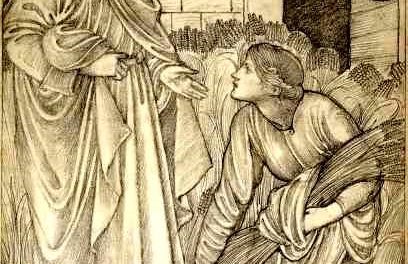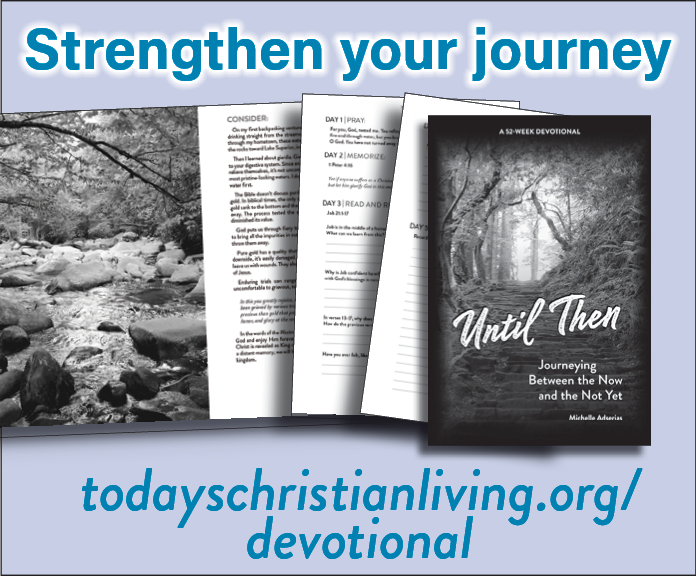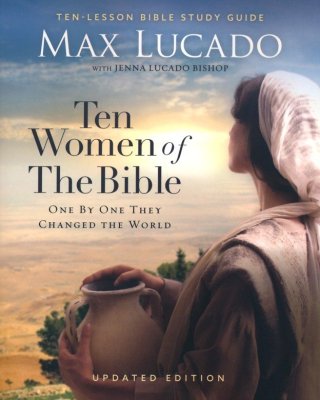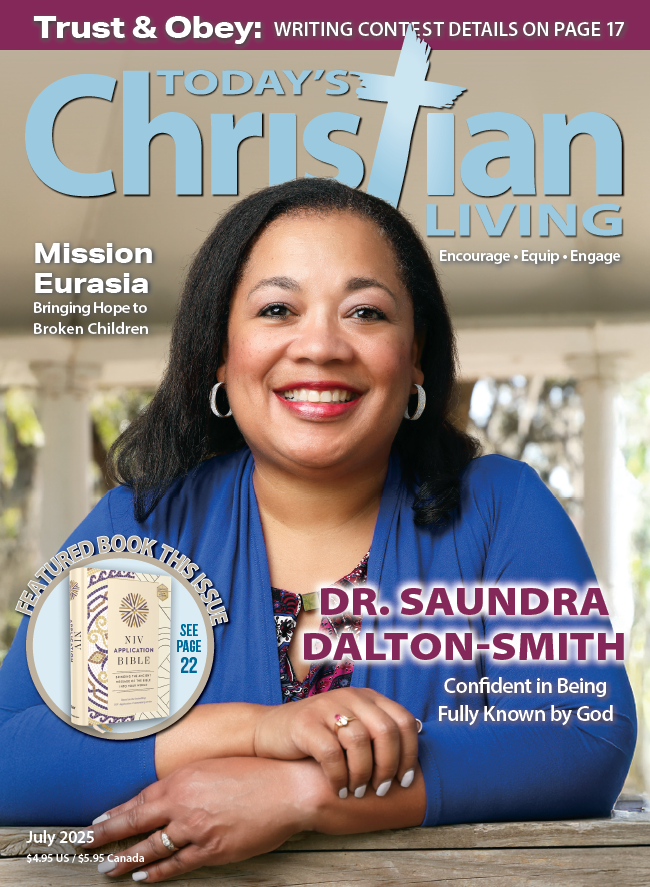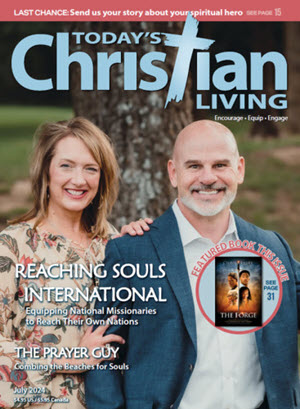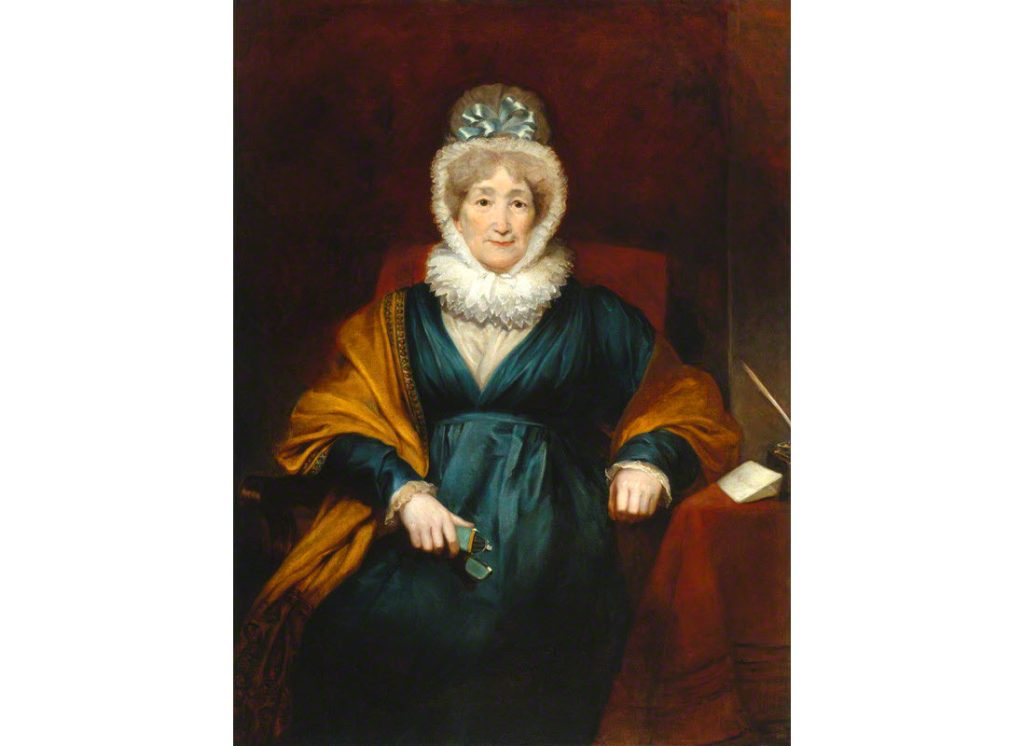
By Michelle Adserias
In the late 1700s, there were many voices crying out for the abolition of the slave trade in Great Britain. Among them was Hannah More, a writer who used her God-given talents to champion several crucial causes in her day.
Hannah was the fourth of five daughters born to schoolmaster, Jacob More. He was committed to giving all his children an excellent education, which the three oldest used to establish a well-reputed girls’ boarding school.
Hannah had a penchant for writing. By the time she was eighteen, she had published her first play, A Search for Happiness. She moved to London in 1772 and became part of a renowned circle of artists, statemen, and other societal figures. John Wesley encouraged her to use her gifts, position and faith to influence her fellow artists and writers. But when her dear friends David Garrick (who directed her play, Percy) and Samuel Johnson died, she lost interest in the glamorous of high society life.
She began, instead, to invest her time and energy in work that would advance Christ and His work on earth. John Newton, most well-known for his hymn “Amazing Grace,” became Hannah’s spiritual mentor. As she become more involved in the abolitionist movement, she and a young William Wilberforce became close friends. She also became part of the Clapham Sect, a group of Anglican evangelicals devoted to fighting the cause of those forgotten souls on the fringes of society.
Hannah wrote a series of essays about the role Christianity plays in passing morally-sound laws. She also wrote about the French Revolution, the importance of education for women, and the novel, “Coelebs in Search of a Wife,” which offers instructions about choosing a good wife.
In 1787, Hannah and her sisters became aware of the abject poverty in England’s mining towns. Convinced that a good, core education could open doors for the impoverished children, they began establishing Sunday schools and schools to offer Christian-based education to equip children with the skills they would need to succeed in life. Hannah wrote much of the curriculum used in these classes. Within 10 years, they had established schools in 16 villages.
Hannah wielded immeasurable influence in her day, leading to social reforms that impacted many generations after. She died in 1833 at the age of 88.
“We are apt to mistake our vocation by looking out of the way for occasions to exercise great and rare virtues, and by stepping over the ordinary ones that lie directly in the road before us.” – Hannah More



